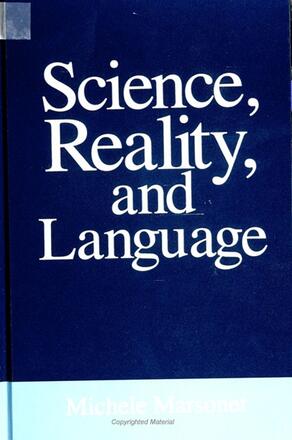
Science, Reality, and Language
Alternative formats available from:
This book explains why anti-realism is so popular with philosophers of science by showing that many contemporary philosophers of science and language, who define themselves as empiricists, in fact have evolved into linguistic idealists.
Description
Science, Reality, and Language criticizes the anti-realist stance currently flourishing in philosophy of science and shows that many contemporary philosophers of science, although they define themselves empiricists, have evolved into "linguistic idealists. " After emphasizing that most practicing scientists find the linguistically oriented philosophy of science useless, the author concludes is that a naturalistic philosophy of science is needed in which language is no longer taken to be the whole of reality, but just a human product created for practical and social purposes.
Michele Marsonet is Associate Professor of Logic and Philosophy at the University of Genoa, Italy.
Reviews
"This book is refreshingly honest, clear, and persuasive. It promises to transform the terms of the current debate between realism and anti-realism, and to reestablish some form of naturalism and, in the process, some form of sanity to the current practice of philosophy of science. It represents a welcome and much discussed addition to the growing body of literature documenting the onset of a dramatic reaction against the excesses of anti-realism and the linguistic turn on the part of mainstream analytic philosophers of science. " --R. Lucas, Jr. , National Endowment for the Humanities